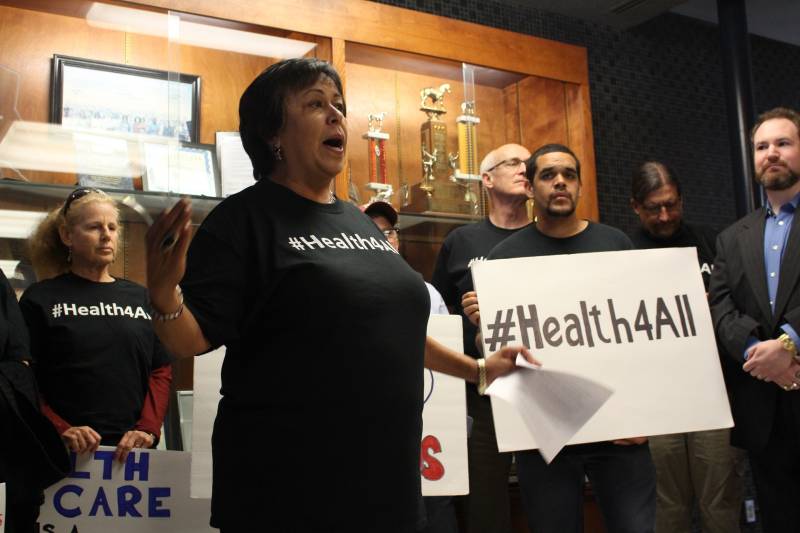La Clínica de La Raza has cared for generations of Bay Area patients since its inception nearly 50 years ago. With dozens of clinics in Alameda, Contra Costa and Solano counties, the nonprofit sees roughly 90,000 mostly low-income patients per year.
But many people are no longer seeking routine care since local stay-at-home orders began in mid-March, and La Clínica is losing $3 million in revenue per month, said its chief executive Jane Garcia.
Patient visits have plunged by 40 percent, and the organization has closed non-emergency dental services and downsized optometry as well. Garcia said she has had to furlough about 300 employees.
“This is unlike anything we’ve experienced before,” said Garcia, who has led La Clínica for 38 years. “Not being able to provide the services is a big problem for communities who are already underserved.”
Nonprofit community clinics and health centers care for patients regardless of their ability to pay or their immigration status. However, during the coronavirus public health emergency, many clinics across California are struggling to keep their doors open.

